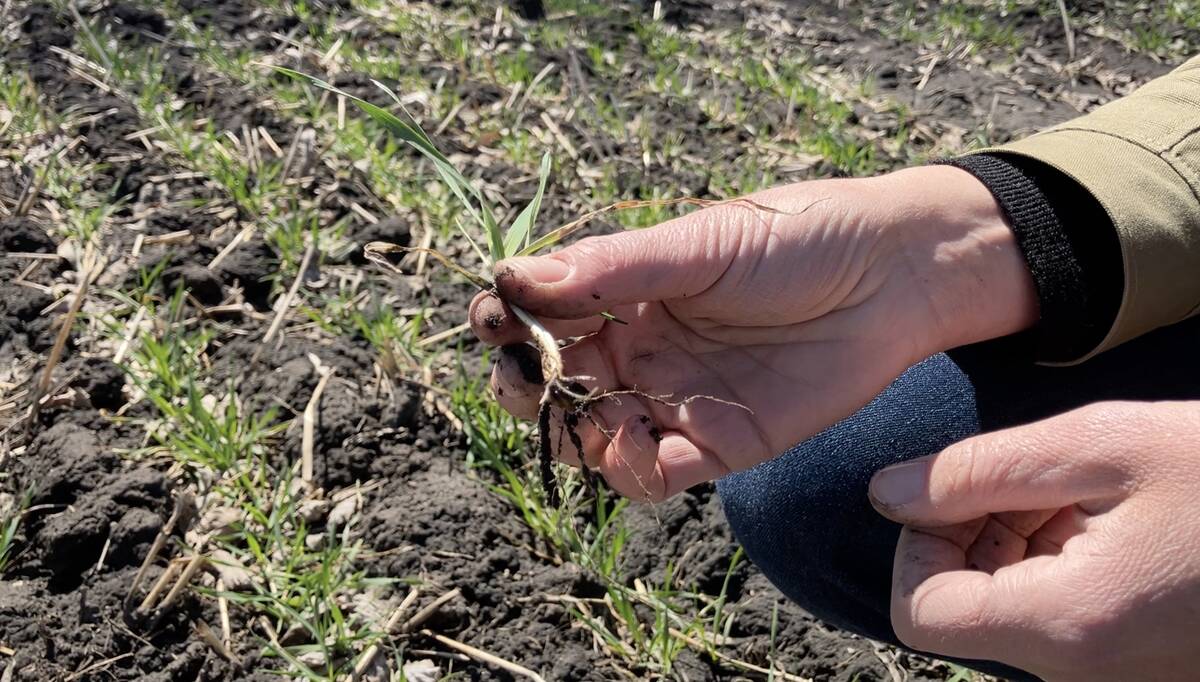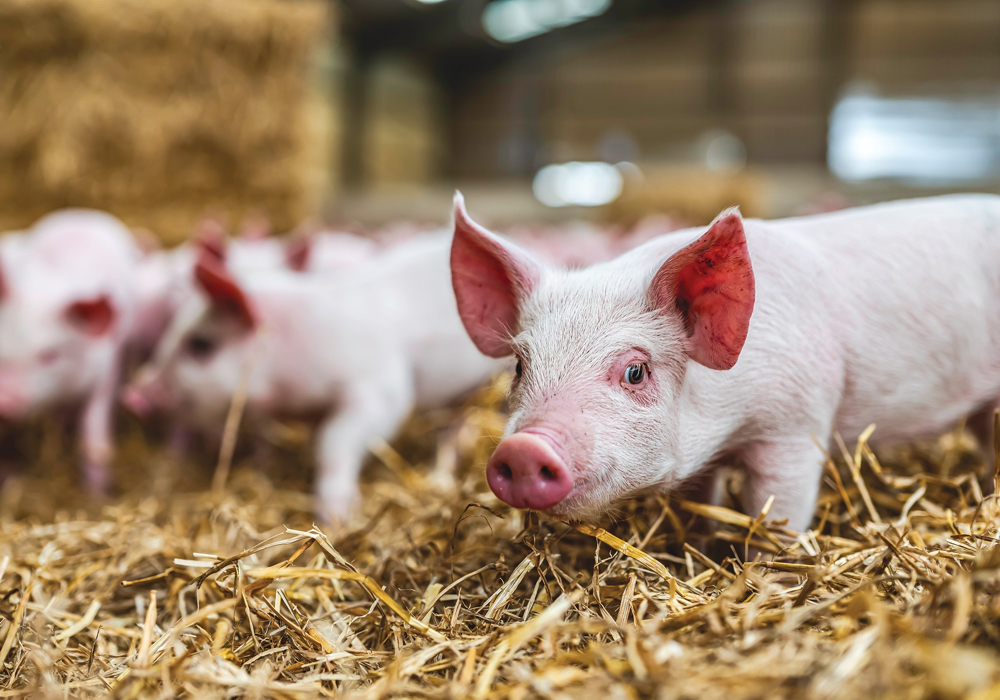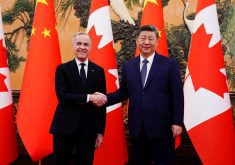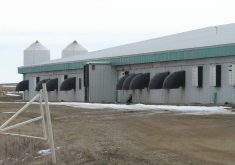COVID-19 has caused the word ‘pivot’ to be overused and abused, but I am going to use it again anyway.
It is time for a significant trade policy pivot from the Canadian government to actively counter rising economic nationalism, address disruptions caused by the pandemic and fix existing trade agreements that are not living up to expectations.
Beginning with the “free trade” election in 1984, Canadian trade policy has undergone a revolution. We have gone from being reluctant partners in negotiations, leading with our defensive and protectionist positions, to a country that has free trade agreements that span the globe.
Read Also

Canadian government got it wrong on public plant breeding
Cuts to Agriculture and AgriFood Canada will undermine Canadian agricultural productivity, says National Farmers’ Union member Dean Harder.
Canada is the only country that has trade agreements that bridge Europe, North America and Asia. Embracing trade liberalization has been good for every region of the country and virtually every sector of the economy, including agriculture, a sector that continues to play an increasing role in the Canadian economy because of new markets and growing international access.
The pork sector in Manitoba delivers a prime example of the benefits of trade liberalization in agriculture. Ninety per cent of the eight million pigs raised by Manitoba farmers every year are exported, either as pork products or as live animals to the U.S. In the last five years there has been approximately $250 million of private equity invested in new barns or upgrades of existing infrastructure.
[RELATED] Public increasingly positive on hog sector, says Manitoba Pork
This growth in primary agricultural production has attracted investment in processing (making Winnipeg the bacon capital of Canada), investment in genetic services, and has resulted in significant development for our towns and rural communities. However, the world has changed, and the trade policy that facilitated this expansion must be adjusted if growth is to continue.
What needs to happen? First, we need to make sure the trade agreements we have signed are actually working as advertised. Let’s take the Comprehensive Economic and Trade Agreement (CETA) with the European Union. CETA was supported and welcomed by the 90 per cent of Canadian agriculture that depends upon exports for market access and price determination. The agreement is five years old, yet we are still waiting to realize the potential that was celebrated when it was signed.
What is the problem? While EU food exports to Canada are up substantially, EU countries use non-tariff barriers to block our products. As a result, increases in Canadian agriculture and food exports to the EU remain negligible at best.
[RELATED] CETA’s trail of broken promises
What is the solution? Canada needs to put additional resources into fighting against unjustified regulations, and we need to use dispute mechanisms built into trade agreements to challenge EU impediments. Before we negotiate additional trade deals, we need a strong policy commitment from the federal government that there will be enforcement of the agreements we already have in place.
Canada also needs to proactively respond to potential importer concerns on matters related to animal or human health. These issues must be quickly resolved before they become barriers to trade. Often, irritants percolate for months or longer before they turn into full-blown trade barriers.
How do we prevent irritants from becoming barriers? One tool is to place scientific regulatory expertise from the government of Canada in key trade regions. For example, scientists from the Canadian Food Inspection Agency could rapidly respond to questions from growing markets like Vietnam or the Philippines if they were already centrally located in South Asia. Let’s strategically place our technical resources to ensure small trade fires are put out before they become a blaze.
Strengthening the regulatory capacity of key trading partners is a second tool that should be explored by the federal government. More than one trade battle has erupted due to lack of understanding of the science behind Canada’s regulatory system and how this scientific rigour can benefit importing countries.
Canada’s science-based regulators have a great deal to offer countries that are expanding their own regulatory expertise. Let’s make scientific regulatory exchanges and regulatory infrastructure development key components of both our trade and international development policies.
The federal government has announced the development of a new Indo-Pacific policy. This is positive because the region holds the largest potential for growth in demand for Canadian agricultural products. The plan must include specific targets for expansion of agricultural trade. This will provide growth opportunities here at home and Canadian farmers can also help enhance food security in the region while deepening ties with significant emergent economies.
[RELATED] Canada to boost defence, cyber security in Indo-Pacific policy
To accomplish these goals, the Canadian government must be practical. The Indo-Pacific policy needs to include specific objectives for science-based trade facilitation that will prevent trade barriers from developing. Canada’s Indo-Pacific policy should also embrace the idea of regulatory capacity building in key markets to help stabilize our trading relationships and to ensure the rules of trade, for goods moving both in and out of Canada, are science based.
It is time our national policy moves beyond broad agreements and takes practical action that delivers results for Canadian farmers and the value chains they support.
– Cam Dahl is general manager of Manitoba Pork.















